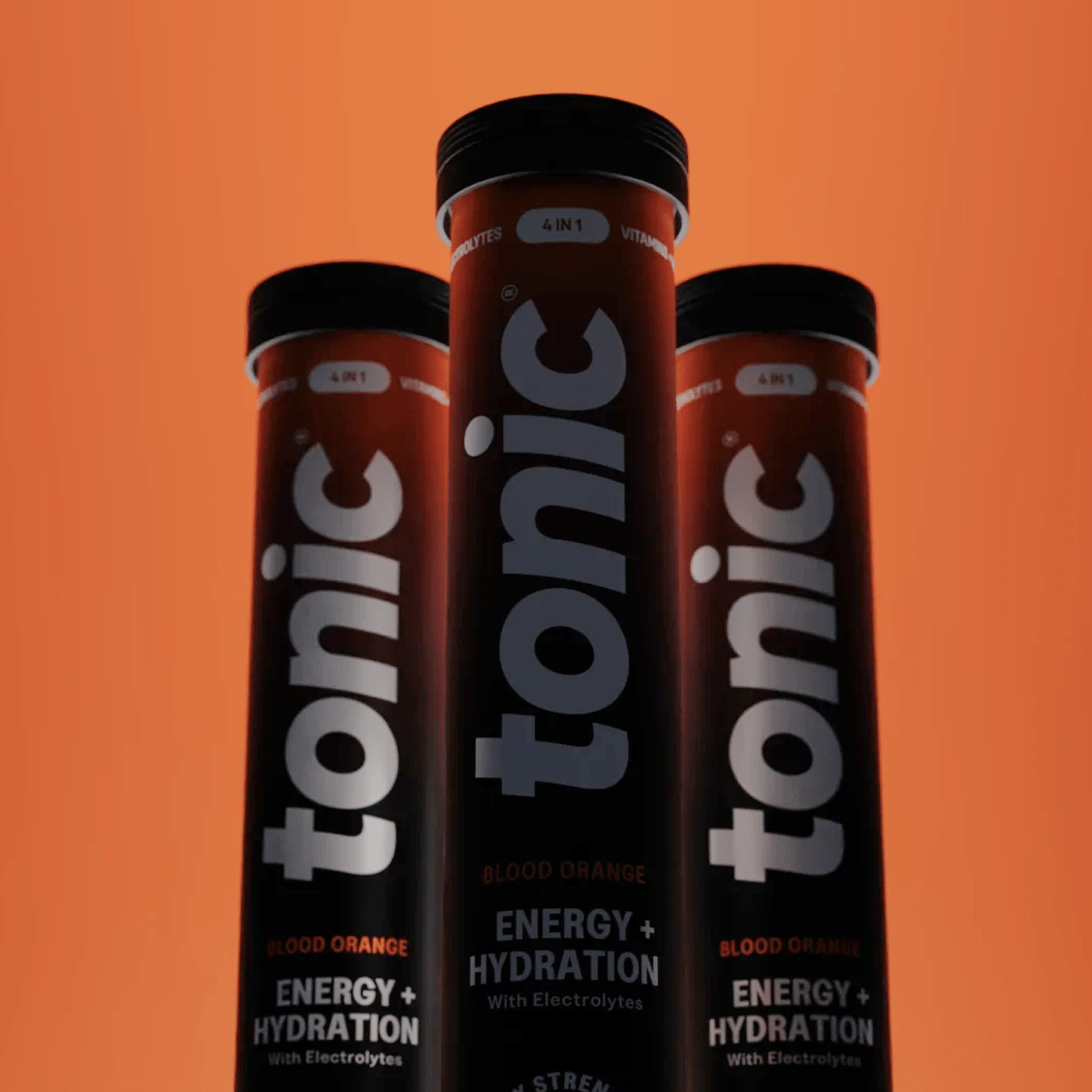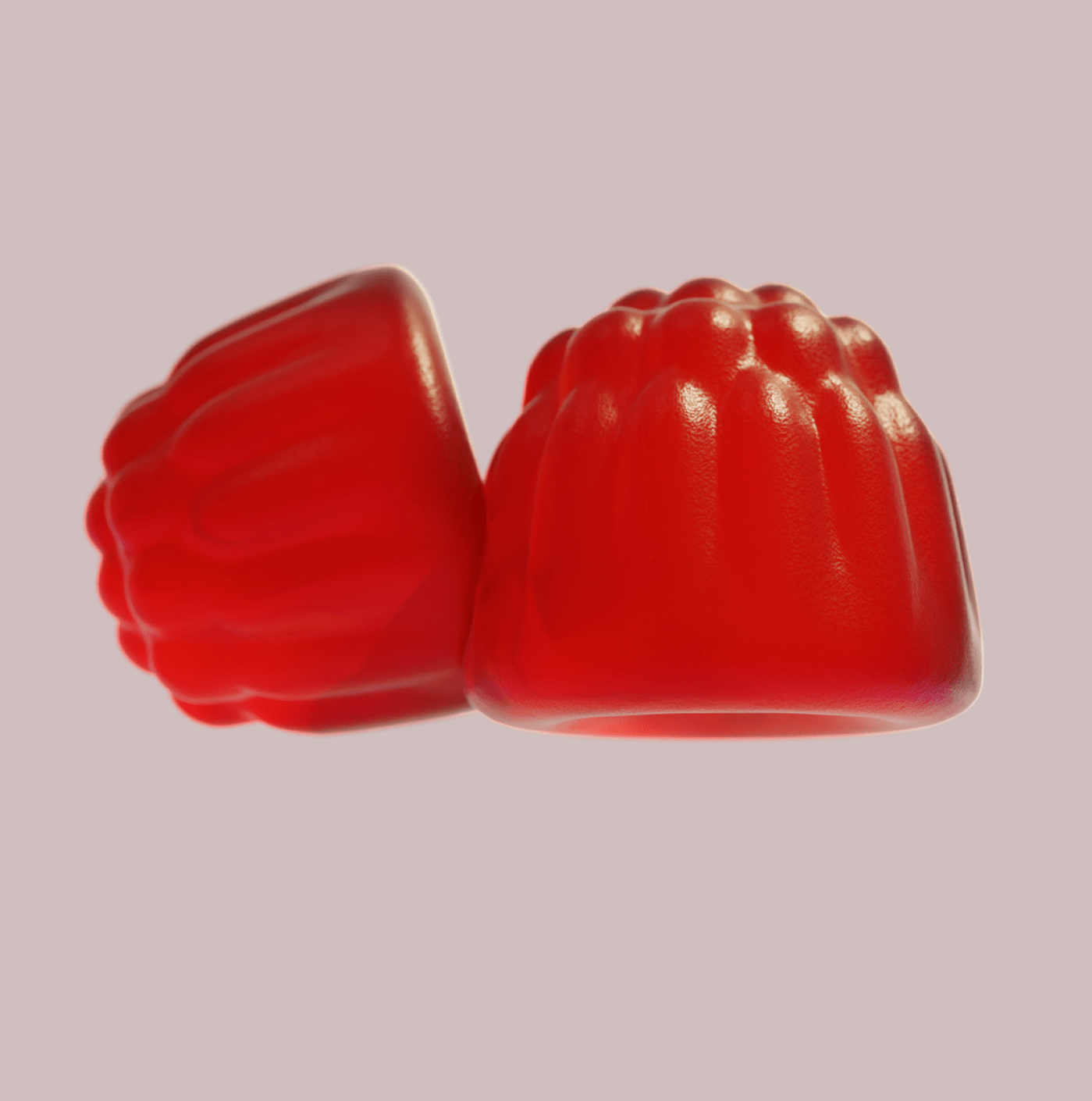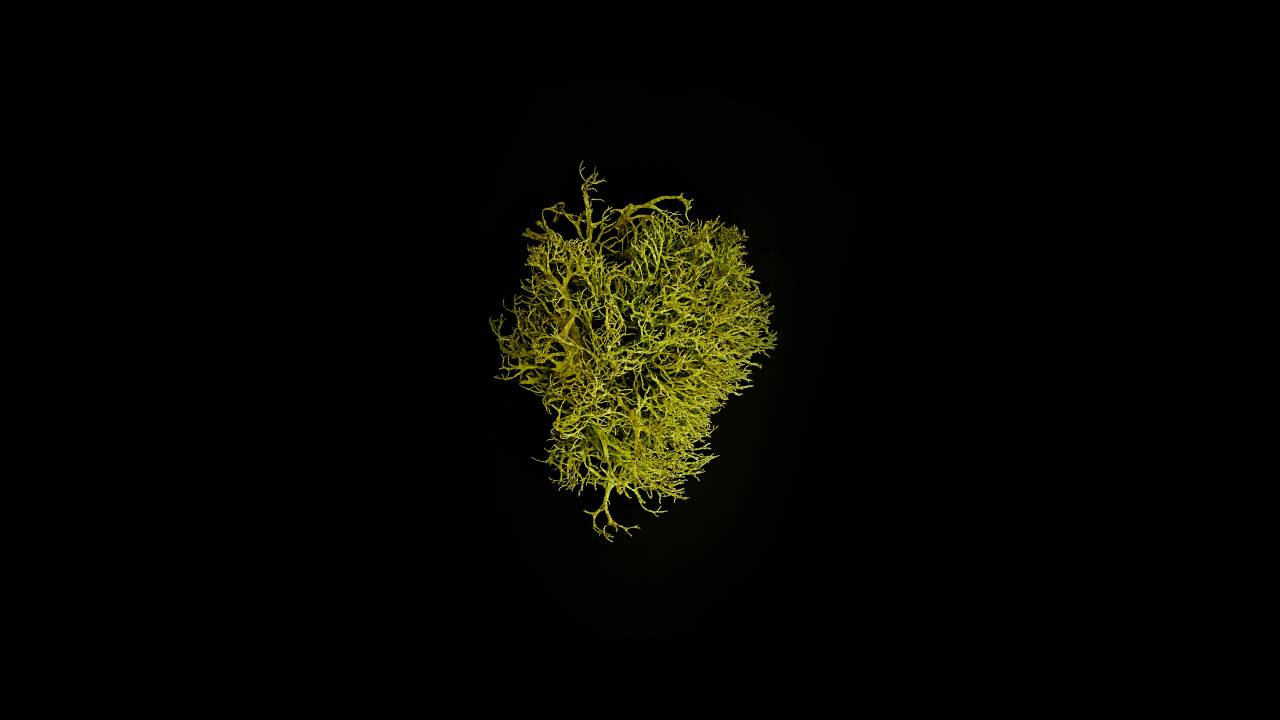Short answer
D3. And there is 1200 IU (30 ug) of it in every Tonic Sachet!
Why are there two types of vitamin D?
D3 is the active form, known as calciferol. We can get this through dietary sources like mushrooms and oily fish, and the body produces this in response to sunshine. D2, sometimes called ergocalciferol is not produced in the human body, but is created by exposing certain plant-derived materials to ultraviolet light. Complex processes must take place in the body which can make it difficult to use D2. Research even suggests that vitamin D2 is less effective than vitamin D3 at raising blood levels of vitamin D, even when the body does make use of it.
Where does D3 come from and why is it important?
Hormone D3 promotes the absorption of calcium, regulates bone growth and plays a important role in immune function. It’s important because it regulates the levels of calcium and phosphate in the body, which helps to prevent deformities and illness. The most common way to get vitamin D3 is in response to sunshine, however it’s nearly impossible to get the recommended levels to sustain good health let alone optimal levels during winter in the Northern Hemisphere. Whilst we can store vitamin D, recent statistics revealed that 27% of people in the UK are still either deficient or low when it comes to vitamin D. More research needs to be done on how many people have adequate levels versus optimal. For those who do supplement vitamin D, the most common source is lamb’s wool, however you can also source it from Lichen. Lichen D3 is not just animal-free vegan certified, it’s also a more sustainable way to produce the important hormone.
What does science say about Vitamin D and Immunity?
There are several studies that link vitamin D and immunity.
Cynthia Aranow, MD from the Feinstein Institute for Medical Research in Manhasset, NY observed in 2011 that “deficiency in vitamin D is associated with increased autoimmunity as well as an increased susceptibility to infection.”
Research published in 2010 in the peer-reviewed scientific journal Nature Immunology, and led by Denmark’s Bispebjerg Hospital and Dr Marina Rode von Essen and colleagues from the University of Copenhagen, also supported the notion that people with vitamin D deficiency could be more vulnerable to infection.
The research findings indicated that vitamin D is involved in a complex process in which the immune system’s T cells are ‘primed’ to help to fight infection.
The researchers concluded that T cells create vitamin D receptors when they are primed to respond to antigens, which are substances that cause an immune response in the body. This is followed by vitamin D acting via the receptor to stimulate phospholipase C-γ1 production, with this process being required in order to activate the T cells.
Another, much more recent study by a University of Edinburgh team shed further light on vitamin D’s effect on the immune system. According to the researchers, vitamin D prompted dendritic cells to create more of a molecule known as CD31 on their surface, with this consequently hampering the process of T cell activation.
It’s an intriguing finding that could provide greater insight into how vitamin D helps to keep the immune system from becoming overstimulated. This – as we explained above – could be key to people’s autoimmune disease risk.
References
- Armas LA, Hollis BW, Heaney RP. Vitamin D2 is much less effective than vitamin D3 in humans. J Clin Endocrinol Metab. 2004 Nov;89(11):5387-91. PMID 15531486.
- Trang HM, Cole DE, Rubin LA, et al. Evidence that vitamin D3 increases serum 25-hydroxyvitamin D more efficiently than does vitamin D2. Am J Clin Nutr. 1998 Oct;68(4):854-8. PMID 9771862
- Houghton LA, Vieth R. The case against ergocalciferol (vitamin D2) as a vitamin supplement. Am J Clin Nutr. 2006 Oct;84(4):694-7. PMID 17023693.
- Bjelakovic G, Gluud LL, Nikolova D, et al. Vitamin D supplementation for prevention of mortality in adults. Cochrane Database Syst Rev. 2014 Jan 10;1:CD007470. PMID 24414552.







Leave a comment
All comments are moderated before being published.
This site is protected by hCaptcha and the hCaptcha Privacy Policy and Terms of Service apply.